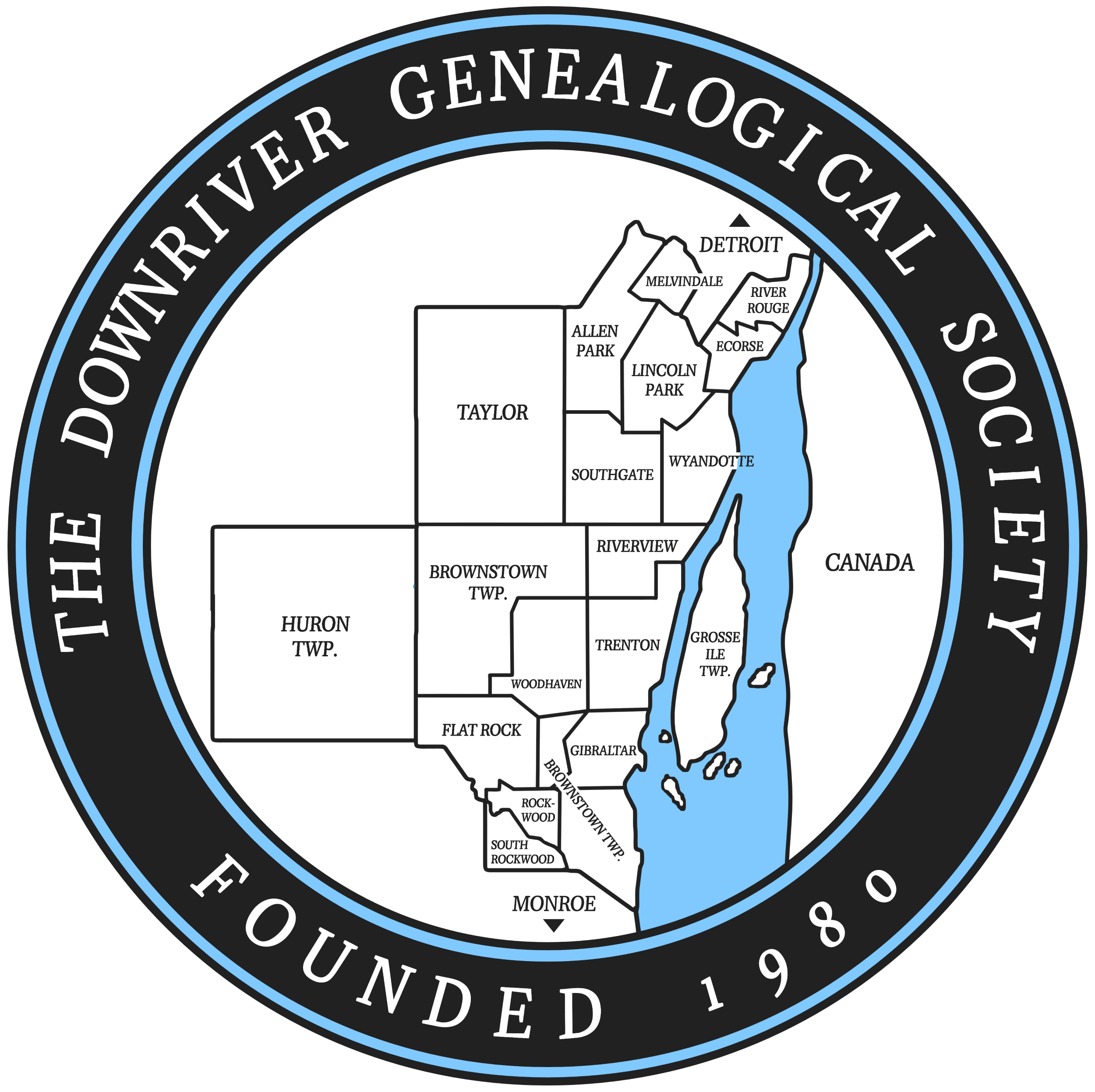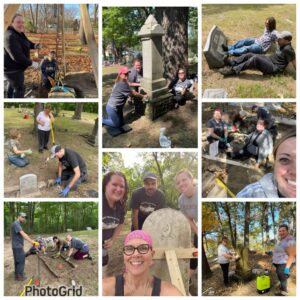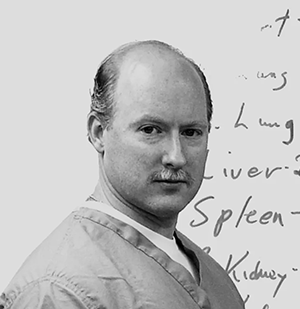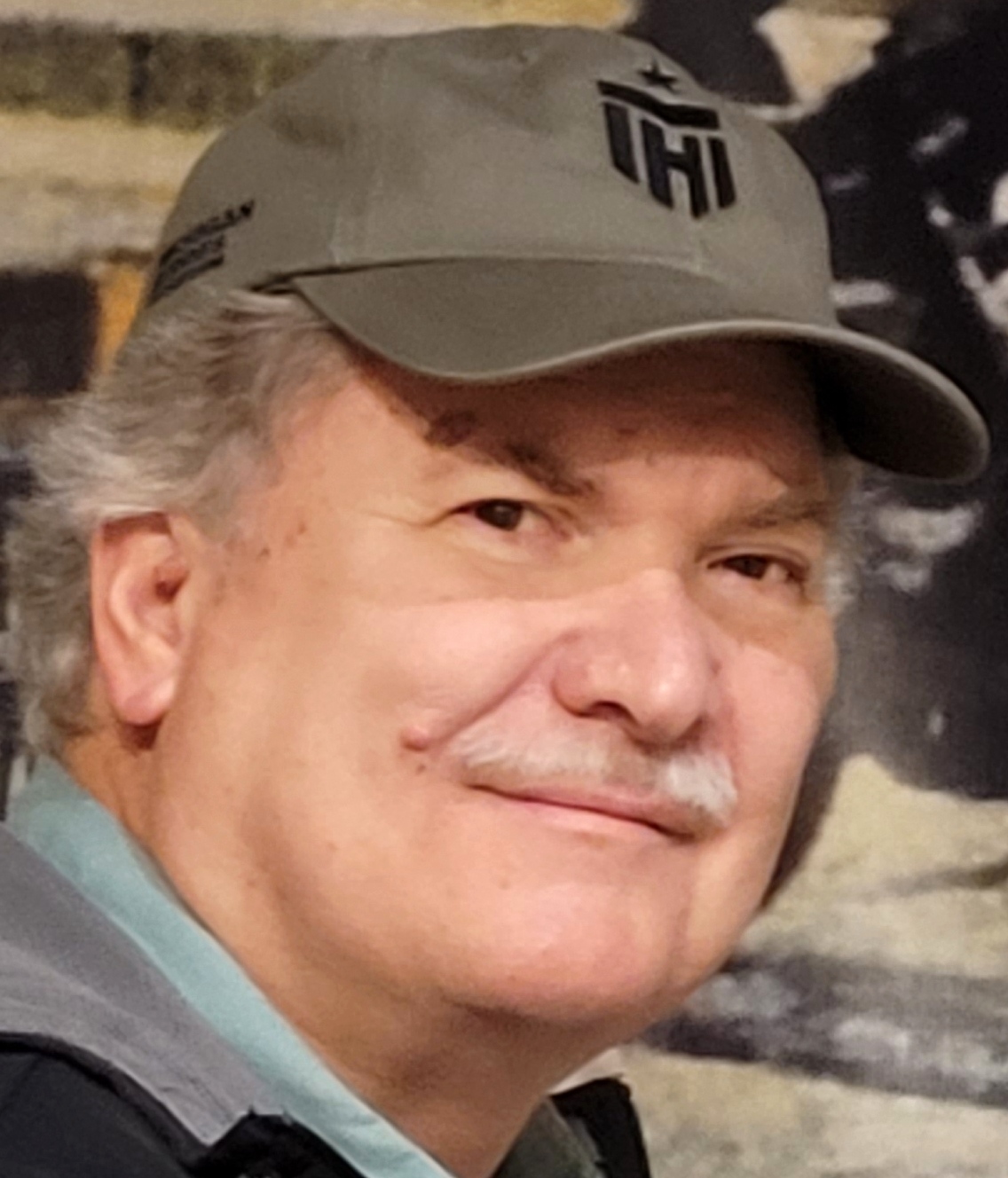Ken’s presentation on the War of 1812 in the Michigan theatre looks at the Downriver area before and after the surrender of Detroit. There are a couple of battles in the area, and troops passed through what is now Wyandotte, to try to open communications between Detroit and the American-held lands in Ohio. His concentration, however, is usually on the politics; General Hull, the commandant at Detroit, was court martialed for surrendering the city, and a lot of people who were at Detroit spoke up in that trial.
The Works Progress Administration with Elizabeth Clemens
Elizabeth Clemens, audiovisual archivist at the Walter P. Reuther Library, will discuss the legacy of the Works Progress Administration (WPA) in Southeastern Michigan, a revolutionary facet of the New Deal that sought to positively impact lives both physically and intellectually through the creation of work relief programs. Topics discussed will include the cultural programs of the Federal Arts Project; literacy, health and education initiatives; and improvements to local infrastructure through a massive public building initiatives.
Golden Ridge Cemetery Restoration, Taylor Michigan with Krysten Lange & The Taylor Historical Society
Taylor Historical Society Cemetery committee members will present on their current preservation project in Taylor’s Goldenridge Cemetery (AKA Taylor Township Cemetery), including their many discoveries, headstone preservation efforts, cemetery record revitalization, and their future plans for Goldenridge, as well as the other two municipal cemeteries in Taylor. Those attending will have the opportunity to learn more about Taylor’s historic cemeteries and how they can participate in future preservation plans.
The Chautauqua Movement: It’s Origins, Impact & Presence in Michigan with Jim Craft
The Chautauqua Movement began at Lake Chautauqua in western New York in 1874. Initially, it was a two-week encampment for training Sunday school teachers. Within a few years, it had evolved into a summer long resort community providing the American Protestant Middle Class with a wholesome option for using the emerging phenomenon of summer vacation.
Emulating the “mother” Chautauqua in New York, similar communities spread across the United States. By the 1890s over 100 permanent Chautauquas had been established. While each Chautauqua was unique, they were all modeled after the New York Chautauqua and emphasized religion, education, recreation and the arts.
In addition to the permanent Chautauqua sites, a traveling version of Chautauqua began in 1904 and lasted until the Great Depression. While a pale imitation of the original concept, the “tent” Chautauquas visited thousands of American communities every year for over twenty-five years to bring culture to small communities all across the country.
Inevitably, the educational and religious themes of Chautauqua led them to play an important role as a forum for discussion of public issues. In particular, Chautauqua helped promote the political debates surrounding Progressive Era reforms ranging from women’s suffrage to trust busting to child labor.
How to date your Historic House/Building with Tyler Moll
Architectural historian Tyler Moll will present on techniques to use when trying to figure out how old your house or building is. This includes using stylistic evidence, deeds, tax records, maps, and many other available resources to try and nail down a date. Attendees will learn all the places to look and how fun and interesting it can be to research a building
Michigan True Crime–Murder Mayhem Michigan with Tobin Buhk
Come face to face with the malefactors who stained the pages of Michigan history with blood spatter: The Killer Dentist, a Grand Rapids native who tried to poison his way into his wife’s inheritance; The Detroit Bluebeard, who prowled matrimonial ads for victims; The Michigan Borgia, who removed an entire branch of her family tree with Strychnine; The Lonely Hearts Killers, whose mail-order fraud business became felonious on the southwest side of Grand Rapids. Andrew Kehoe, who engineered the bloodiest school day in history. Serial killers John Norman Collins and Coral Watts, whose crimes terrorized southeastern Michigan’s co-eds. And others. Join crime historian and author Tobin T. Buhk as he unveils the truth behind some of Michigan’s most fiendish crimes. He has written 14 books and many will be available for purchase at the meeting. He will be selling his book “Murder, Mayhem, Michigan” for $20. He has also written many other books that he will have available. Go to his website tobinbuhk.com and select “presentations” to see many of his book titles and programs. He is coming all the way from Grand Rapids to do this presentation!!!
Sears Kit Houses with Andrew & Wendy Mutch
In the early 20th Century, kit houses were the ultimate “Do It Yourself” project for thousands of homeowners. While Sears Roebuck is the best known of the manufacturers of kit houses, Michigan was the home for three of the largest kit house companies in the country. Join Andrew and Wendy Mutch, Sears house owners and kit house researchers, as they present the fascinating history of kit houses. From first-hand accounts of customers, you’ll learn how they ordered, financed and in many cases, built their own homes. Their presentation will include a photographic tour of kit houses from companies like Sears and Aladdin that still stand in Downriver communities.
DRGS Used Book Sale
June 7, 8, and 9, 2022, from 1 PM to 6 PM each day.
At DRGS Library and hallway, inside Flat Rock Schools Admin Building.
- Hardcover and softcover books and pamphlets
- Research volumes and DRGS publications
- Local city, county, and church histories
- Local Cemetery books
- Free will donation
28639 Division St. at Gibraltar Rd.
Flat Rock, MI 48134
Enter from the north door by the gym.
DRGS Annual Pot Luck Dinner
- Setup at 5:15 pm
- Doors open at 5:30 pm
- Dinner starts at 6:00 pm
- The meeting and program (below) begin at 7:00 pm
The DGS Annual Pot Luck Dinner returns on Wednesday, June 15, 2022, before our evening presentation. Sign-up sheets will be available at our meetings before the pot-luck to track each member’s bringing so we do not end up with all desserts! The society will provide chicken, and we ask members to bring a dish to pass.
Polar Bears of WWI with Mike Grobbel
One hundred and four years ago during the winter of 1918-1919, 5,200 U.S. soldiers – the majority of them from Michigan – were stranded in a sub-arctic region of North Russia, engaged in bitter combat with the Bolshevik Red Army. They had arrived in Archangel, Russia on September 4, 1918, and their battles continued long after the Armistice was signed on November 11th. Eventually, they were withdrawn from this obscure military intervention in June of 1919, but not before 230 men lost their lives. Today the “Polar Bears” are no longer with us, but they and their service to our country have not been forgotten. Their war dead are memorialized with a monument at White Chapel Cemetery in Troy, MI, where they are remembered annually with a Memorial Day service conducted by the Polar Bear Memorial Association. Mike Grobbel, president of the Polar Bear Memorial Association, tells the story of the men of the American North Russia Expeditionary Force. Mike is the grandson of a “Polar Bear” and his presentation will draw on the historical records and experiences of veterans of that campaign, plus his own experiences during a 2018 visit to the former front lines in northern Russia.
This presentation was originally scheduled for October.








